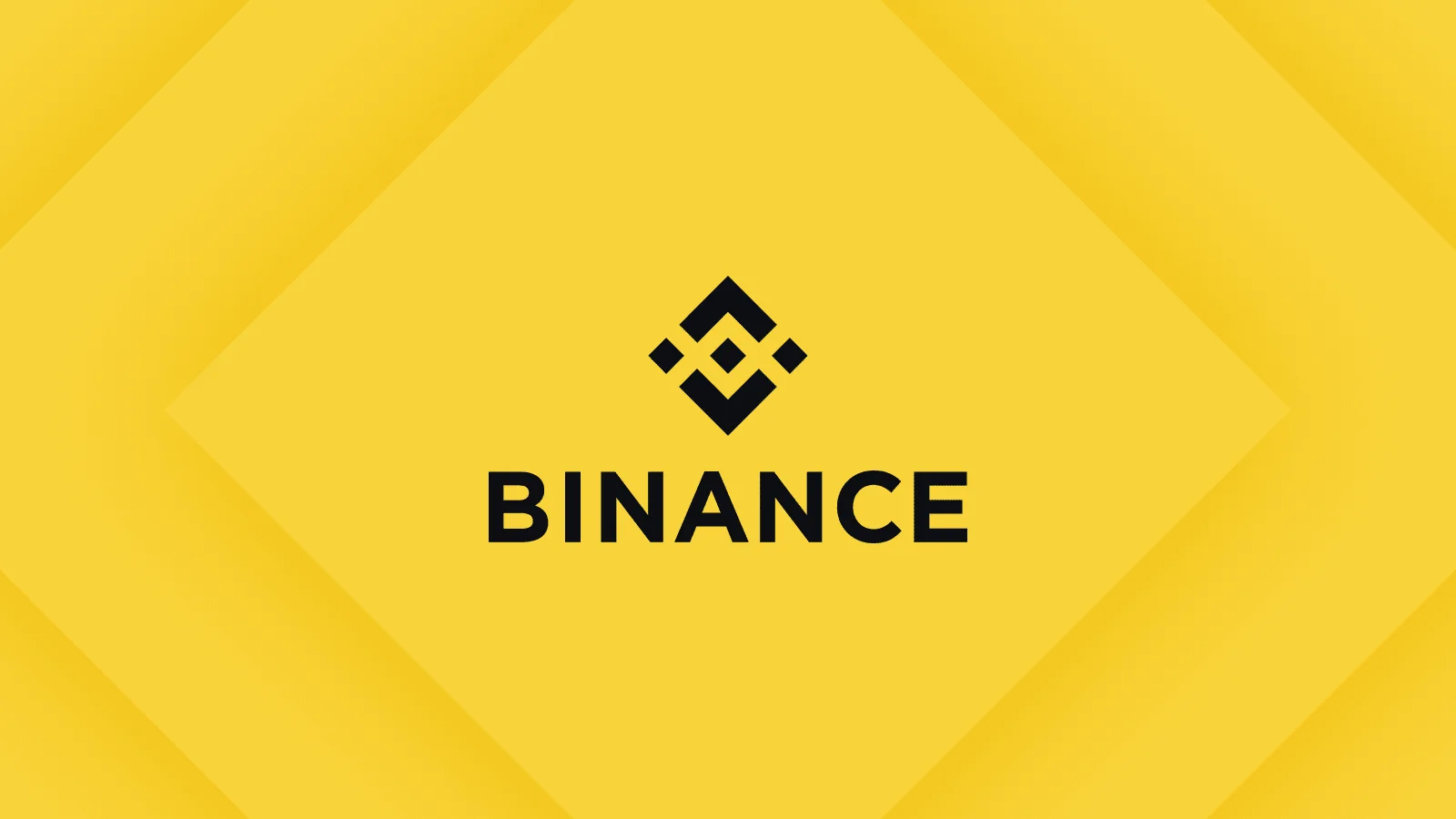Binance reportedly intends to maintain hundreds of remote employees in Singapore despite intensifying regulatory pressure from the Monetary Authority of Singapore (MAS) targeting digital asset firms operating without proper licensing. The cryptocurrency exchange's strategy appears designed to navigate new compliance requirements while preserving its significant workforce presence in the city-state's competitive financial technology sector.
The MAS has established a June 30 deadline for cryptocurrency companies incorporated locally but serving offshore markets to either obtain appropriate licensing or cease operations entirely. This regulatory directive aims to strengthen oversight of digital asset firms and has already influenced major exchanges including Bitget and Bybit to evaluate relocating staff to jurisdictions with more accommodating regulatory frameworks.
However, Binance's operational structure appears to shield it from immediate disruption under these new regulations. The majority of Singapore-based Binance employees work remotely and focus primarily on internal functions rather than customer-facing services, positioning them outside the direct scope of the licensing requirements that target firms actively serving clients from Singapore-based operations.
Strategic Workforce Distribution Avoids Regulatory Triggers
Analysis of LinkedIn profiles reveals over 400 individuals identifying Singapore as their location while employed by Binance, representing a substantial workforce concentration in the strategic Asian financial hub. These employees predominantly handle back-office functions including compliance oversight, human resources management, data analytics, and technology development, rather than direct customer service or trading operations.
The absence of formal office infrastructure further distances these remote workers from regulatory scrutiny, as the MAS regulations specifically target structured local operations serving international markets. Binance's "remote-first" organizational philosophy and lack of official headquarters creates additional regulatory ambiguity that the company appears to leverage strategically.
Singapore has cultivated its reputation as a premier Asian digital asset hub, but regulators have adopted increasingly cautious approaches following high-profile cryptocurrency sector failures in 2022, particularly the collapse of Three Arrows Capital hedge fund, which highlighted systemic risks within the cryptocurrency ecosystem.
Regulatory Framework Creates Operational Gray Areas
The new MAS regulations establish clear boundaries requiring Singapore-incorporated firms offering token services abroad to comply with local licensing requirements. However, Binance's corporate structure appears to position it outside this regulatory scope, as the company operates without traditional headquarters and maintains its decentralized operational model.
The MAS has provided additional clarification specifying that remote employees based in Singapore working for foreign firms serving customers outside Singapore do not trigger licensing requirements under the Financial Services and Markets Act 2022. This exemption creates operational flexibility for multinational cryptocurrency companies maintaining Singapore-based talent while serving global markets through offshore entities.
Despite appearing on the MAS Investor Alert List since 2021, which effectively prohibits serving local Singapore customers, Binance has not completely withdrawn from the jurisdiction. Instead, the company continues operating within regulatory gray areas, demonstrating how enforcement mechanisms struggle to address the inherently borderless nature of global cryptocurrency operations.
This situation illustrates the ongoing challenges regulators face in applying traditional jurisdictional frameworks to decentralized digital asset businesses that operate across multiple countries simultaneously through remote workforce models and distributed corporate structures.
 Nikolas Sargeant
Nikolas Sargeant







